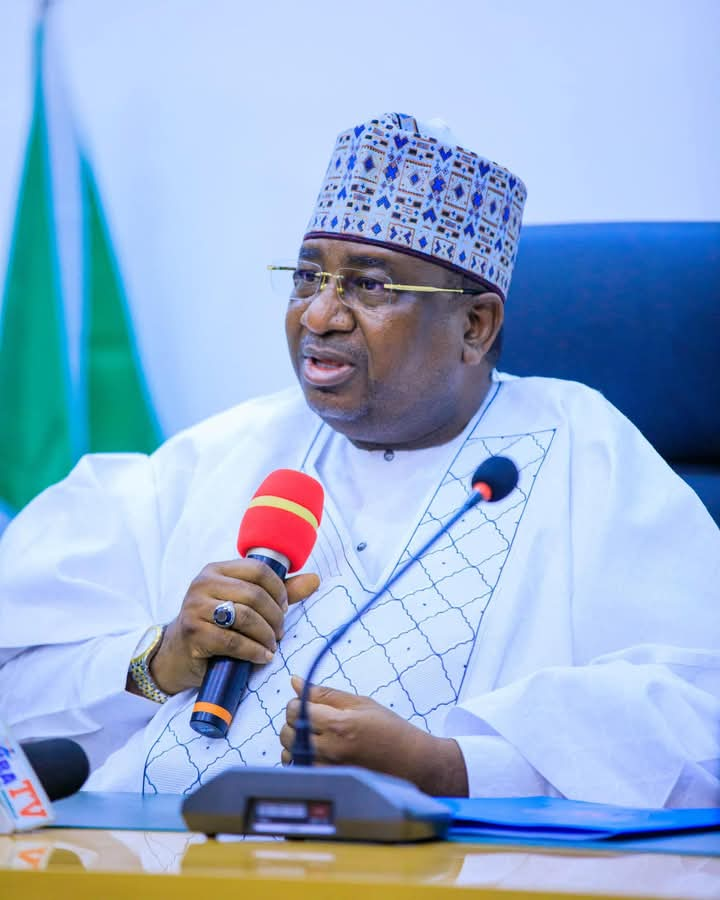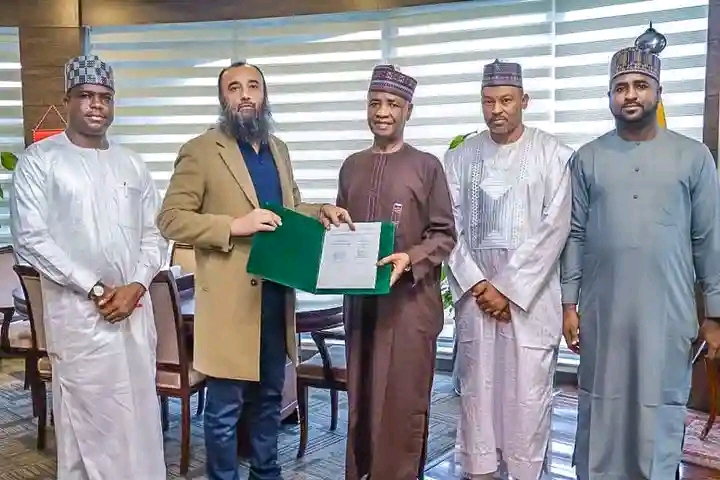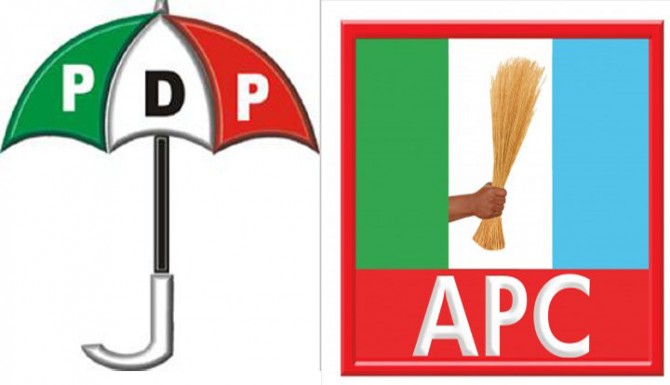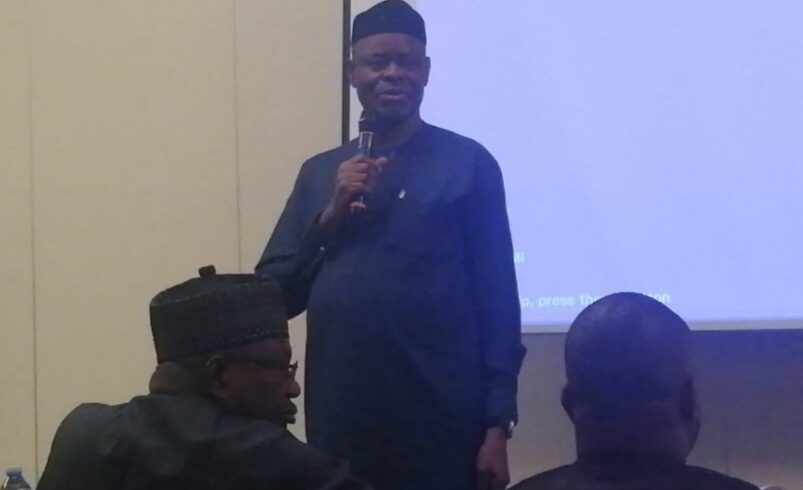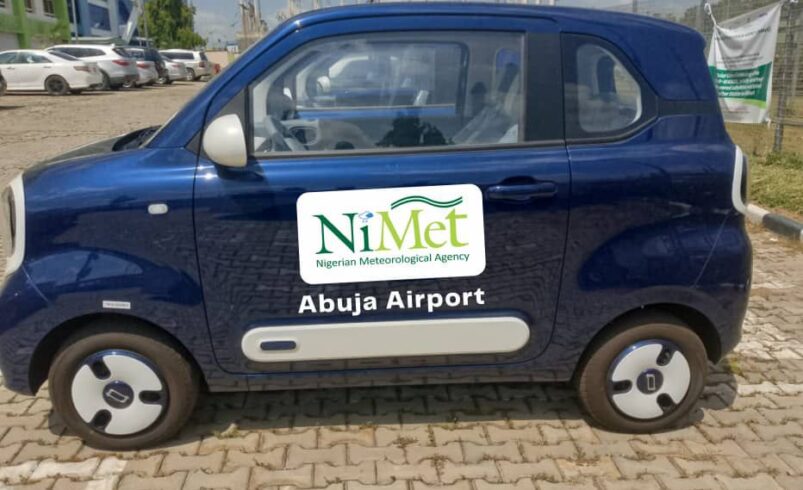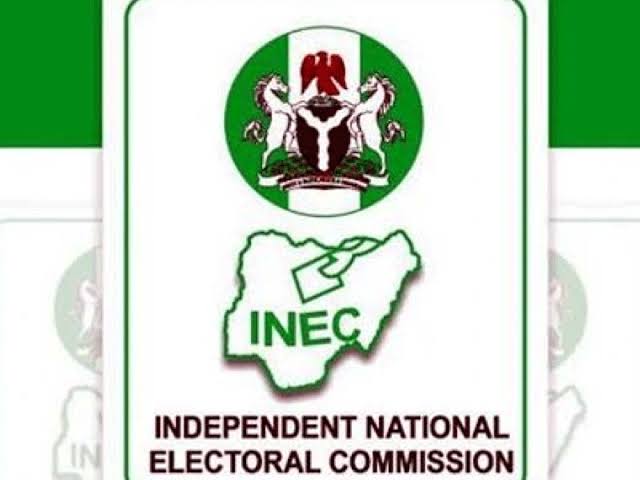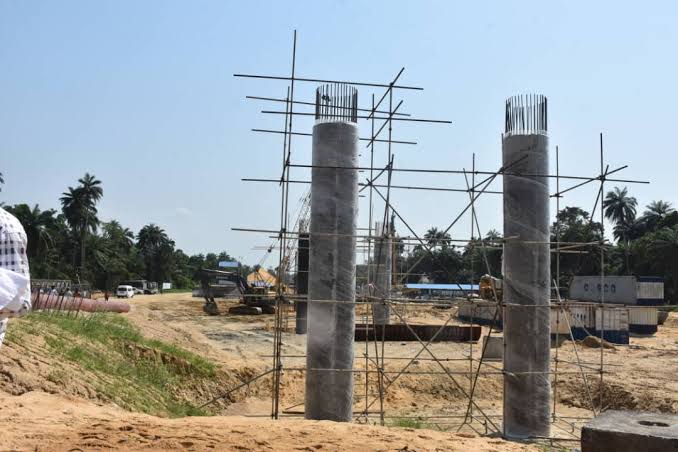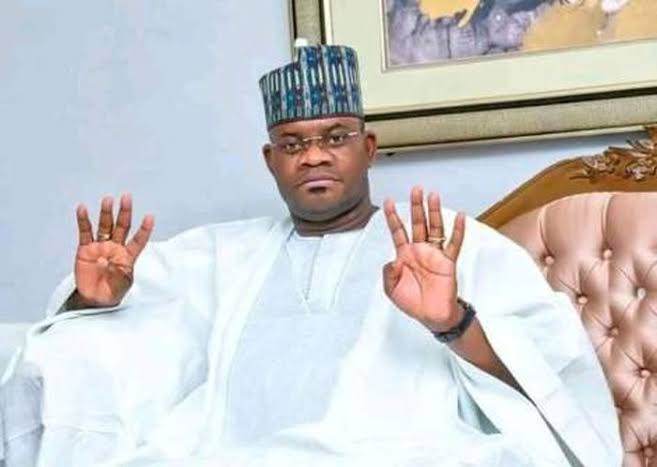By: Goodluck E. Adubazi, Abuja.
The Director-General of the Bureau of Public Procurement (BPP), Mr. Adebowale Adedokun, has reiterated that the Bureau, under his leadership, maintains a zero-tolerance policy for corruption and abuse of office. He warned all serving directors to adhere strictly to the principles of transparency and accountability in line with President Bola Ahmed Tinubu’s reform agenda.
Adedokun stated this while declaring open a two-day stakeholders’ engagement on the Methodology for Assessing Procurement Systems (MAPS) held in Abuja on Tuesday. The meeting, organized by the BPP in collaboration with PACE and UK International, brought together key procurement officers and directors across ministries, departments, and agencies (MDAs) to evaluate ongoing reforms and strengthen institutional collaboration.
He recalled how a former BPP director was prosecuted and jailed three years after retirement over contract irregularities uncovered through a post-review exercise, warning that similar consequences await anyone found compromising procurement integrity.
“Let me be clear—this administration will not tolerate corruption, lack of transparency, or any form of manipulation in the procurement process,” Adedokun said. “If anyone compels you to act against the principles of public procurement, you will one day account for it. We are determined to cleanse the system, and it starts with us.”
Adedokun emphasized that the ongoing reforms are designed to position Nigeria’s procurement system as a benchmark for the African continent and ultimately contribute to making Nigeria one of the world’s leading economies.
He explained that the MAPS assessment, developed by the Organisation for Economic Co-operation and Development (OECD), is a globally recognized tool used to evaluate the quality and effectiveness of national procurement systems.
“MAPS is not an audit or investigation but a comprehensive framework designed to identify strengths, weaknesses, and areas for improvement. It provides evidence-based insights to build a more efficient, transparent, and accountable procurement system,” he noted.
He added that while more than 24 African countries have completed the MAPS assessment, Nigeria is now taking decisive steps to join that list.
“Kenya has just concluded its MAPS process, and Nigeria—being Africa’s largest economy—cannot afford to lag behind. Our children and the next generation are watching. We must build systems that guarantee transparency, accountability, and sustainable growth,” Adedokun added.
The session also featured presentations by the Attorney General of Enugu State, Dr. Kingsley Udeh (SAN), who serves as the Core Procurement Technical Lead; Dr. Otive Igbuzor, Strategy Development Lead; and Mr. Sunday Osoba, Procurement Specialist.
The experts provided an overview of the ongoing reform framework, which seeks to:
Develop a National Procurement Strategy;
Implement digital transformation across the procurement process;
Undertake process re-engineering to improve efficiency;
Review the Public Procurement Act (2007); and
Conduct comparative analyses with other national systems using the MAPS tool.
The MAPS framework is built on four key pillars containing 14 indicators and 55 sub-indicators covering areas such as the legal and institutional framework, procurement operations, market practices, and accountability mechanisms.
Dr. Igbuzor emphasized that reform is an ongoing process, noting that over 20 African nations now operate under a reformed national public procurement strategy. He added that Nigeria’s participation marks a critical step toward aligning with international best practices.
Adedokun concluded by charging all directors and procurement officers to give their full cooperation, provide accurate data, and actively engage in the exercise.
“This is about understanding systems, not witch-hunting individuals,” he said. “By working together, we can build a procurement ecosystem rooted in integrity, efficiency, and value for money. Africa looks to Nigeria for leadership—and we must not fail.”



